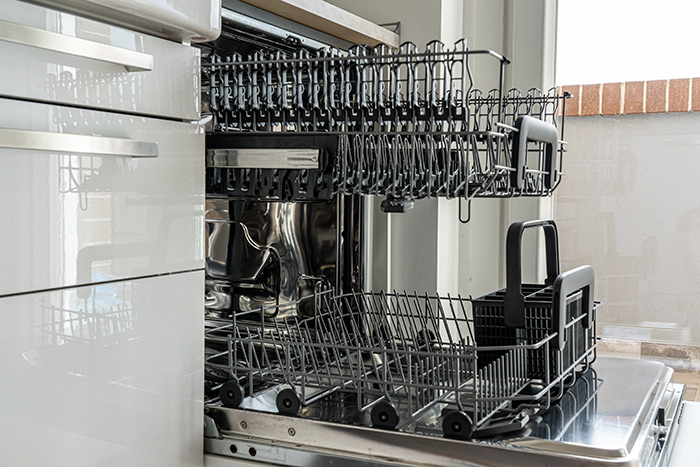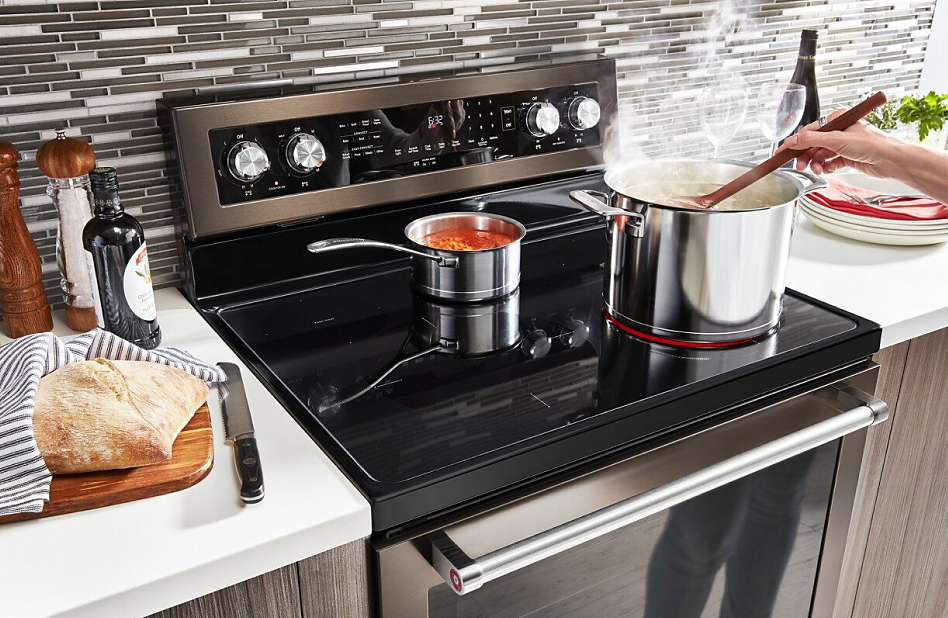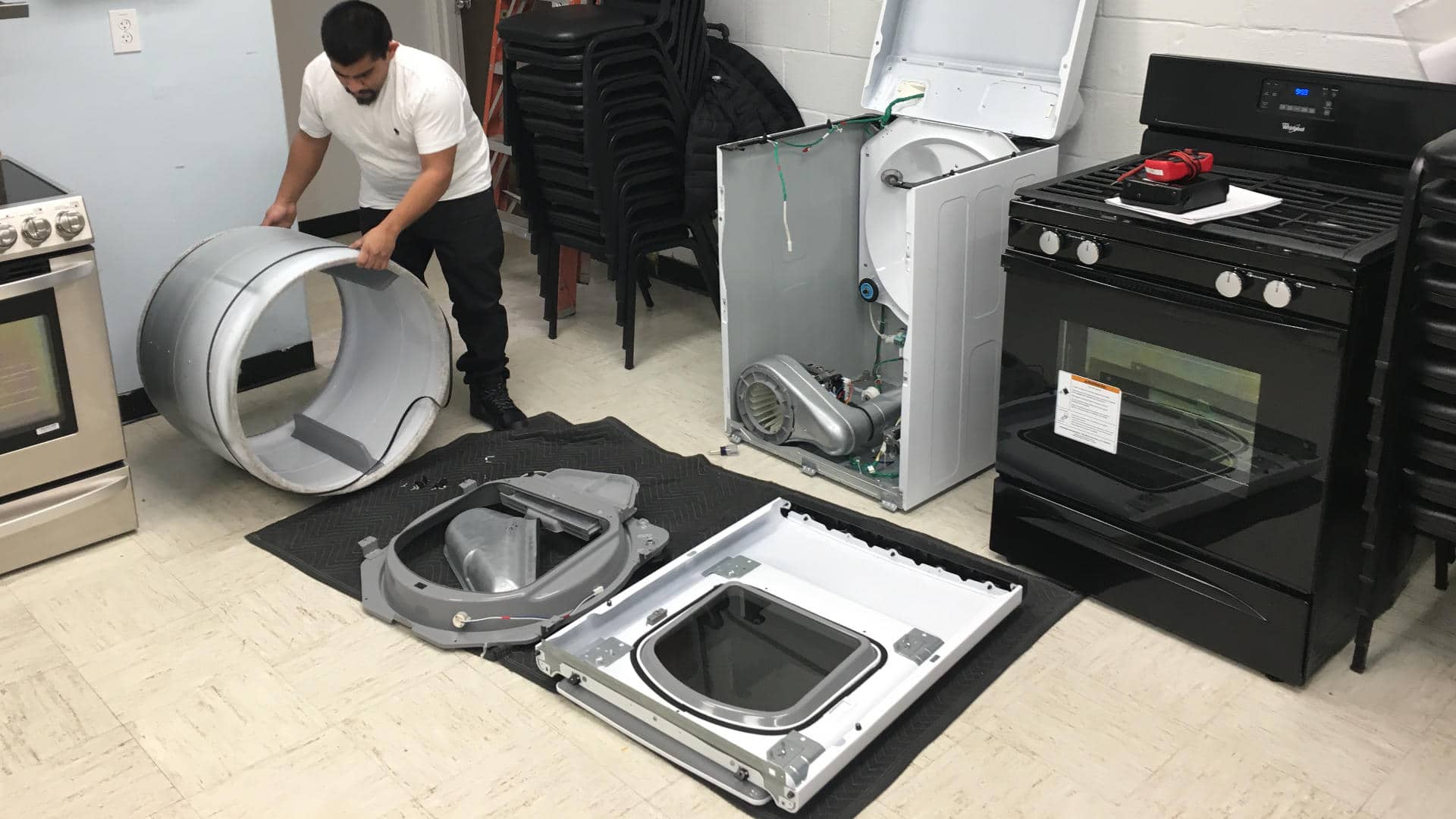Choosing the Right Dishwasher Tub Material: Plastic or Stainless Steel?
When it comes to choosing a dishwasher for your home, one of the critical decisions you'll face is whether to go for a model with a plastic tub or a stainless steel tub. Each option has its own set of advantages and drawbacks, which can significantly impact your dishwashing experience. In this comprehensive guide, we will explore the differences between plastic and stainless steel tubs in dishwashers, helping you make an informed decision for your kitchen.
The Benefits of a Plastic Tub Dishwasher
Plastic tub dishwashers have been a popular choice for many homeowners for several reasons. Firstly, they tend to be more affordable than their stainless steel counterparts. This cost-effectiveness can be particularly appealing for those on a budget or looking for a basic dishwasher.
Another advantage of plastic tub dishwashers is their resistance to rust and corrosion. Unlike stainless steel, plastic won't rust over time, ensuring the longevity of your appliance. Additionally, plastic tubs are less likely to show stains or water spots, keeping the interior of your dishwasher looking cleaner for longer.
Plastic tubs are also known for being quieter during operation. The plastic material dampens the noise created by the water jets and dishes clinking together, resulting in a quieter and more peaceful kitchen environment while your dishwasher is running.
The Benefits of a Stainless Steel Tub Dishwasher
Stainless steel tub dishwashers have their own set of advantages that may make them a preferred choice for many homeowners. One of the key benefits of stainless steel tubs is their durability and sturdiness. Stainless steel can withstand the test of time, resisting chipping, cracking, and discoloration. This means that your dishwasher will continue to look and perform well for years to come.
Stainless steel is also known for its superior heat retention properties. During the wash cycle, stainless steel can hold and distribute heat more effectively than plastic, resulting in better cleaning and drying performance. This efficiency can lead to cleaner and more hygienic dishes, as well as reduced energy consumption.
Moreover, stainless steel is resistant to odors and stains, making it an excellent choice for handling tough and smelly food residues. It is also easier to clean and maintain, as you won't have to worry about potential discoloration or staining over time.
Factors to Consider When Choosing Between Plastic and Stainless Steel Tubs
Before making your final decision, it's essential to consider several factors that can help you determine which type of tub is the right fit for your household. Here are some key considerations:
Budget: Your available budget is a significant factor. Plastic tub dishwashers are generally more budget-friendly, while stainless steel tub models tend to be at a higher price point. Determine how much you're willing to invest in your dishwasher.
Durability: If you're looking for a long-term investment, stainless steel is the way to go. It can endure heavy use and resist wear and tear, ensuring a longer lifespan for your appliance.
Cleaning Performance: Stainless steel tubs provide superior heat retention and are less likely to absorb odors, resulting in better cleaning performance. If you want spotless, hygienic dishes, stainless steel is the better choice.
Noise Level: If a quiet kitchen environment is essential to you, plastic tub dishwashers are generally quieter during operation. This might be crucial if you have an open-concept kitchen or if the dishwasher frequently runs during meals or gatherings.
Maintenance: Stainless steel is easier to maintain and clean, as it doesn't discolor or stain. Plastic tubs, while resistant to stains and odors, may show signs of wear over time.
Energy Efficiency: Stainless steel's heat retention can lead to better energy efficiency, potentially saving you money on your utility bills in the long run.
Making the Right Choice
Ultimately, the choice between a plastic and stainless steel tub dishwasher hinges on your individual needs and priorities. If you're looking for a budget-friendly option with quiet operation and rust resistance, a plastic tub dishwasher may be the right choice. However, if durability, superior cleaning performance, and energy efficiency are your top concerns, a stainless steel tub dishwasher is the way to go. Assess your kitchen's specific requirements and balance them with your budget to make an informed decision. Whichever option you choose, both plastic and stainless steel tub dishwashers have their merits and can simplify your daily life.
Maintaining Your Chosen Dishwasher
Once you've made your choice and have your dishwasher installed, it's crucial to maintain it properly to ensure optimal performance and longevity. Here are some general maintenance tips to keep in mind:
Regular Cleaning
Whether you have a plastic or stainless steel tub, clean the interior, door gasket, and filters regularly. This will help prevent the buildup of debris, mineral deposits, and food residues.
Use the Right Detergent
Always use the appropriate dishwasher detergent, and follow the manufacturer's recommendations. Using the wrong detergent can result in poor cleaning performance or even damage to your appliance.
Inspect and Replace Parts
Periodically check for wear and tear on the dishwasher's spray arms, racks, and seals. Replace any damaged components to maintain efficiency.
Maintain Proper Water Softening
If you live in an area with hard water, consider using a water softener to prevent mineral buildup in your dishwasher.
Stay Mindful of Loading
Properly load your dishwasher to ensure optimal water circulation and cleaning. Avoid overloading or blocking spray arms.
Address Issues Promptly
If you notice any performance issues, strange noises, or leaks, address them promptly to prevent further damage. Consult the dishwasher's manual or contact a professional for assistance.
Conclusion
In the end, whether you choose a plastic or stainless steel tub dishwasher, the decision should align with your specific needs and preferences. Both options come with their set of advantages, and with proper care, they can serve you well for years to come. Regular maintenance and responsible usage are key to getting the most out of your dishwasher, regardless of the tub material. Selecting a dishwasher that suits your lifestyle and kitchen requirements will ultimately result in a convenient and efficient dishwashing experience, leaving you with more time to enjoy the things you love.






